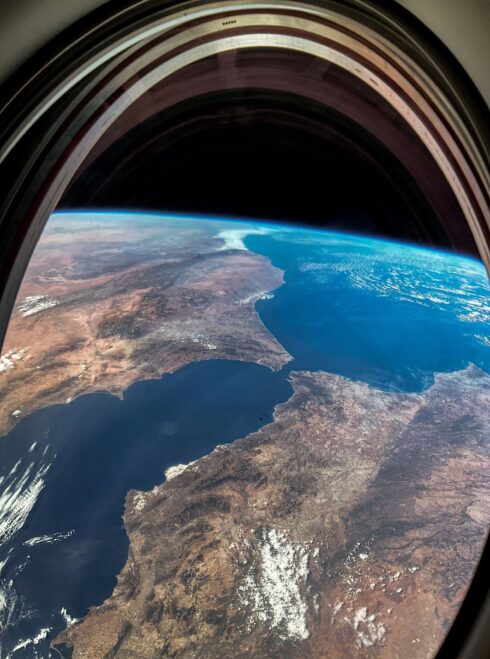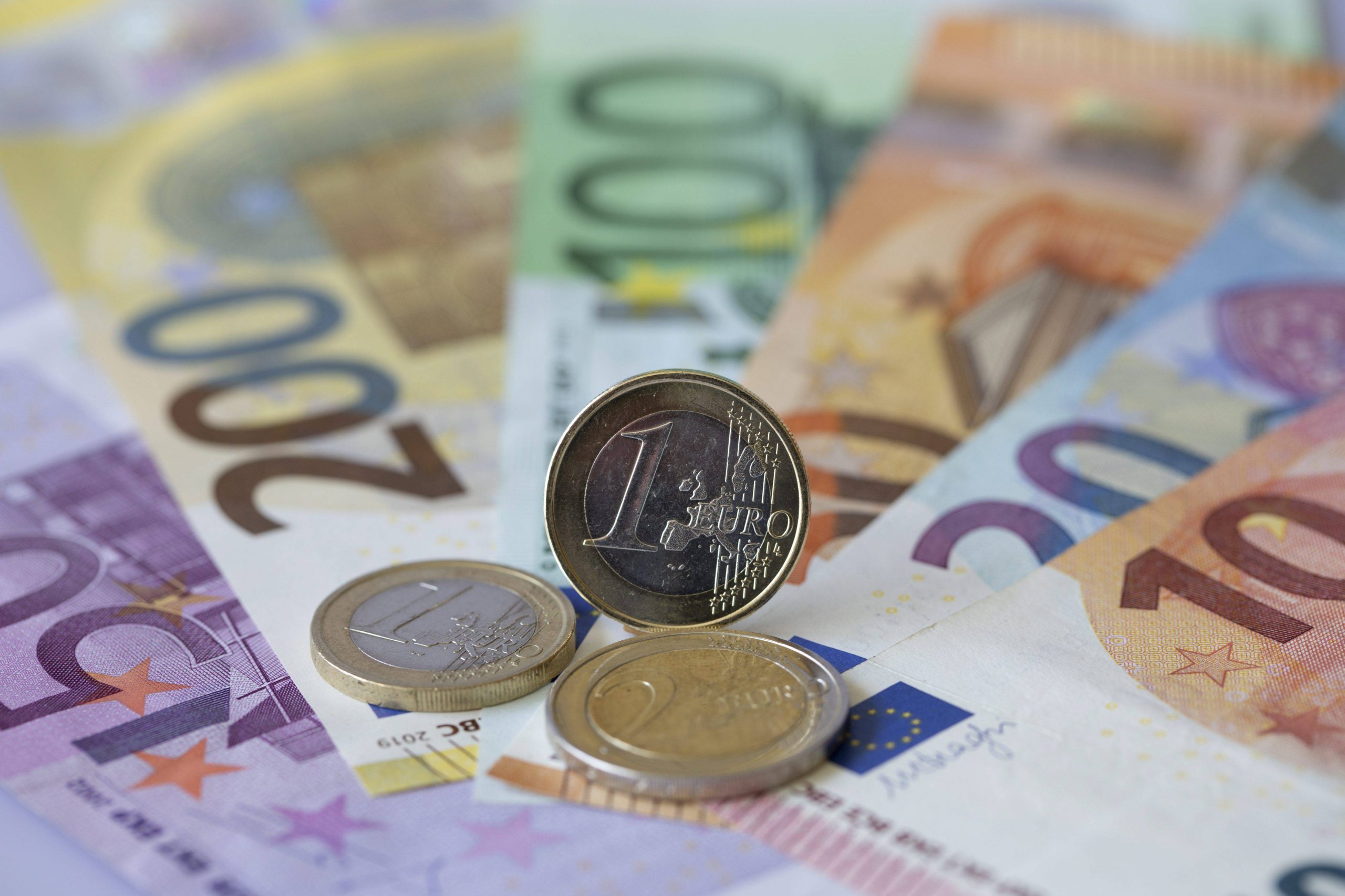GIBRALTAR has vowed it will support the British government in its latest sanctions package against the ‘shadow fleet’ transporting Russian oil.
The move hits 30 cargo tankers that continue to transport £3.5 billion of Russian oil, as well as the companies that insure them.
“Russia’s oil revenues are fuelling the fires of war and destruction in Ukraine and I am committed to using every tool at my disposal to disrupt them,” UK Foreign Minister David Lammy announced.
Chief Minister Fabian Picardo followed on X: “Gibraltar won’t fail to give effect to these sanctions from the UK.”

Russian naval and maritime activity through the Strait has been heightened in recent months, with the Picardo highlighting the chokepoint’s role as a ‘a crucial maritime crossroads’.
The sanctions require the UK and its overseas territories to block the sanctioned tankers from entering UK ports.
A spokesperson for the UK Foreign Office told the Olive Press: “The UK Government works hand in hand with the Government of Gibraltar, and all Overseas Territories and Crown Dependencies, to support sanctions implementation and enforcement.
The Rock, which serves as a major hub for ‘bunkering’ – ship-to-ship (STS) fuel transfers – in the region, previously slapped wide-ranging bans on Russian-flagged or owned vessels in March 2022.
READ MORE: Gibraltar floating body update: Autopsy carried out as Interpol and Spanish police contacted

In February 2023, the government said: “The port of Gibraltar is already applying stricter rules than any EU or UK port against Russian connected vessels and following and going beyond UK and EU sanctions, as well as forbidding the facilitation of STS operations outside Gibraltar waters.”
In order to evade these sanctions, Russian President Vladimir Putin turned to a fleet of supposedly neutral third-country tankers.
They have been known to ‘flip’ fuel to in ship-to-ship tankers transporting Russian oil while out at sea since they can no longer stop at most western ports.
It is these ships themselves are now subject to UK sanctions.
The latest round of sanctions brings the total number of sanctioned vessels to 73, many of which are managed from India or China and under a broad range of flags.
Predominantly the ships are registered in Panama with seven vessels, as well as vessels in Gabon and Barbados, while there are individual cases from Sierra Leone, Cook Islands, and Antigua and Barbuda.

Several of the vessels have unknown management and another two vessels are listed as having false flag data.
The Valour (113,000 tonnes) is reflected falsely reporting registry in Guinea and the Daksha (10,000 tonnes) falsely identifies a Comoros registry.
UK officials have cite the tankers Artemis (117,000 tonnes registered in Gabon) and Sea Fidelity (115,000 tonnes registered in the Cook Islands) which are reported to be idling in the Baltic as examples of the effectiveness of the sanctions.
Most recently, observers spotted a suspicious interaction between a number of oil tankers off the coast of Ceuta earlier this month, according to Bloomberg.
The Panama-flagged tanker Sakarya, which is not included on the latest sanctions list, collected about 730,000 barrels of Russian oil from Primorsk on the Baltic Sea in October and arrived in waters adjacent to the exclave on November 6.
Another unsanctioned tanker, the Cankiri, arrived near Ceuta loaded with about one million barrels from Russia’s main Black Sea export terminal on Nov 8.
Meanwhile, three empty supertankers — with capacity to hold about 2 million barrels each — were also nearby.
The Sakarya switched off its transponder for two and a half days, and then departed on November 9 much lighter in the water.
It illustrates the sort of practices that Western governments will need to stamp out in order to strangle Russia’s oil revenues.








